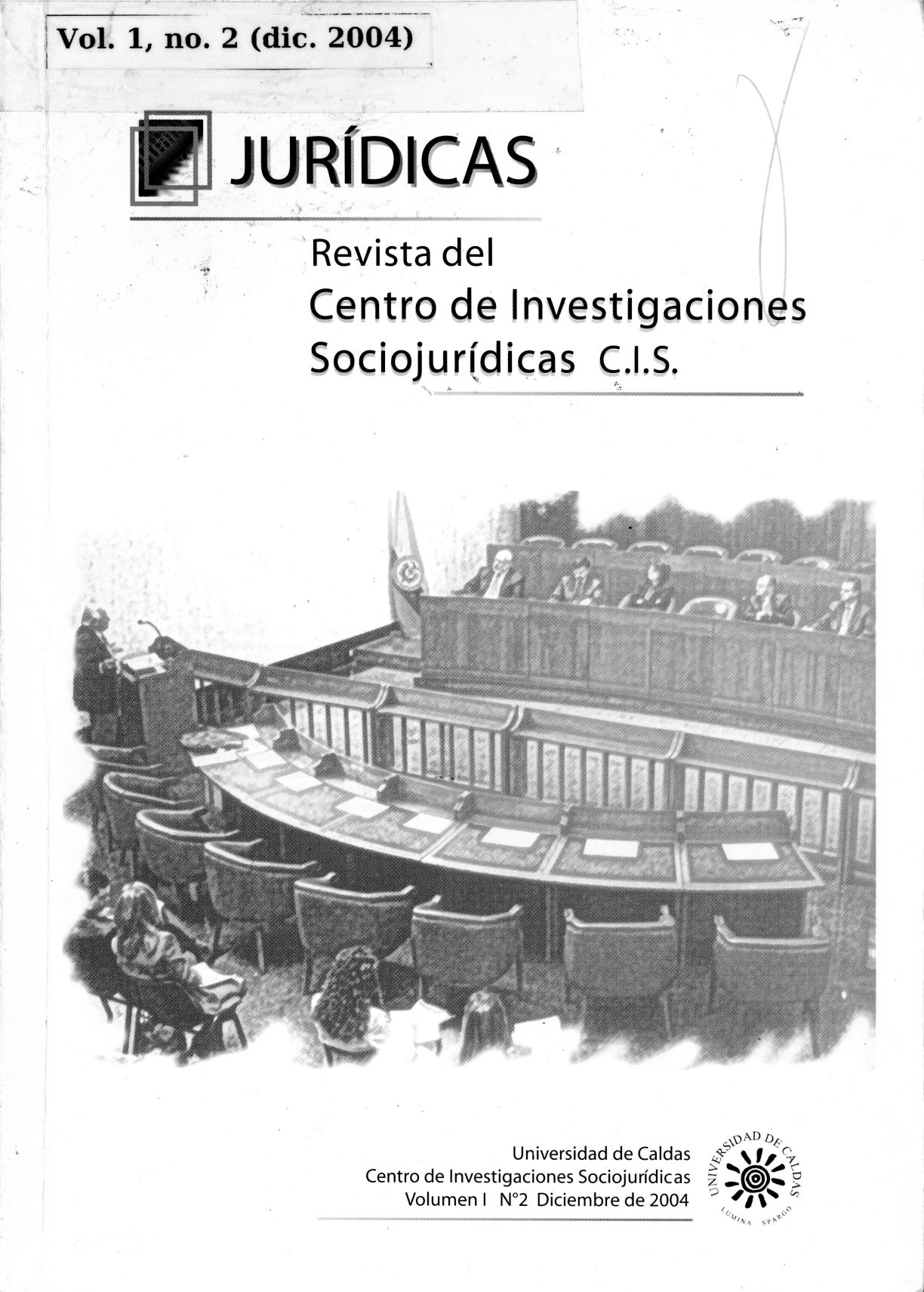Authors
Abstract
The persistence in rethinking the citizen participation is an urgent need as a way of overcoming the social tensions and of democratic opening that would be given by projects that strengthen or liberate the vital capacity of the community arousing the active analysis of the needs and common problems and of the common ways to solve them. This is the only way as direct democracy has actual sense. Then, which are the action lines and strategies of individual sensitization that motivate people's participation in the public life?. It is for such a reason, that the question about participative culture must be proposed in a plural form to comprehend the collective dream about democracy in Colombia and the identification of individual affections in the construction of share and economic common capital that is urgent to make real the local autonomy and the empowerment of the citizen at public topics. Participation is a process in which diverse social forces work on their respective interests, intervening in the course of municipal life in order to keep up reforms or to transform the levels of social and political organization. To be sincere, I am not sure this intention of getting the community close to the capture of decisions in the governmental area has been achieved. With the leaders' popular and legislative bodies election and the mechanisms of citizen participation, announced the birth of a participative culture and a model of development based in the human subject. A democratic vision that meant to generate our own recognition of active and compromised citizens in the solution of our common problems. Nevertheless, the contemporary historical reality shows the opposite: passive citizens with a deep sociopolitical conflict who seems not to be easily socially saved and therefore without possibilities of structural change in the social dynamics. Social tensions that we suffer in Colombia, cannot be isolated of the political system: 1) Socioeconomic tension that is reflected through the unequal or polarized social stratification, by effect of the concentration of the income and the richness. 2) Regional and cultural tension that corresponds to the differences of territorial and cultural lines that gather populations without consensus and without belonging to regions that are addressed in the opposite way to their own development interests 3) Ideological tension as conceptual and of thought scope which reflects interests of groups of power. Modernization of the Colombian State has not been taken in agreement with an ideological and educational labor in the concept on participative democracy that guarantees the exercise of the 'opportunities of a proposal voice'. Political transformation is reached since the own culture and since the differences, constructed by people, with scenes properly chosen by the community to reach power that modifies the look and conception of economical development strengthening policies of citizen life. We must take and appropriate of our propitious spaces of citizen participation and turn them into strategic spaces. It is to break the dominant culture with its social tensions to build the culture of citizen participation. They are new values that are internalized from' a pedagogic and practical task more than from a theoretical one' developing citizenship from the political dimension: a challenge for the educational scope.

 PDF (Español)
PDF (Español)
 FLIP
FLIP





















